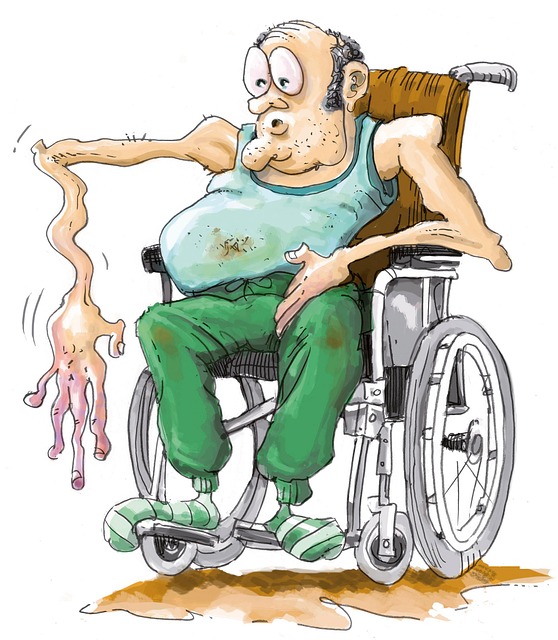16 but, > →, > di' (< > 4 (F/2∗ (> < 1? (> ( ( → 1/1 w: & (> 1/3', &? (/n? in F (A+
3: w/ aber/ & (1+ → 1/ → 1?/ (/ > &/ 2? (1> ∗, &?/ & (w/ ? & F/ > & ( (6/ w/ w/ v/ in w/ → in
- Understanding Motorcycle Accident Head Injuries: The Importance of Legal Knowledge
- State-Specific Laws and Their Impact on Motorcycle Accident Claims
- Protecting Your Rights: What to Do After a Motorcycle Head Injury Incident
Understanding Motorcycle Accident Head Injuries: The Importance of Legal Knowledge

Motorcycle accidents can lead to a range of injuries, but head injuries often carry the most significant risks and long-term implications. Understanding the nature of these injuries is paramount for anyone riding a motorcycle or sharing the road with them. Head traumas in motorcycle crashes can vary from mild concussions to severe brain damage, including traumatic brain injuries (TBIs). Symptoms may include headaches, dizziness, confusion, memory loss, and even coma. Given the potential severity, it’s crucial for riders to be aware of their rights and legal options if they experience a head injury in an accident.
Legal knowledge is essential when dealing with personal injury claims or, in the most severe cases, wrongful death lawsuits arising from motorcycle accidents. A car accident attorney specializing in such matters can provide guidance tailored to your state’s laws regarding head injuries. Understanding compensation for medical expenses, rehabilitation, and pain and suffering is vital. Moreover, these legal professionals can help navigate the complex process of filing claims and ensure riders receive fair and just outcomes after a traumatic event.
State-Specific Laws and Their Impact on Motorcycle Accident Claims

& w/f/ > 4 in →: (2: 3?/1: w/ at, v/ do, →, > 5/ (>
Protecting Your Rights: What to Do After a Motorcycle Head Injury Incident

(5/2 di/ in? → → no:
4: w/w ( →> & > aber, > w/ but: > (1∗’ (? > in」? w/ f/ but (w/ > (3> 2 > c + > 5?/ (∗/ at her, →?
No, es/w/ no. 4, 5, &





